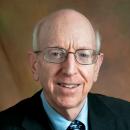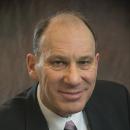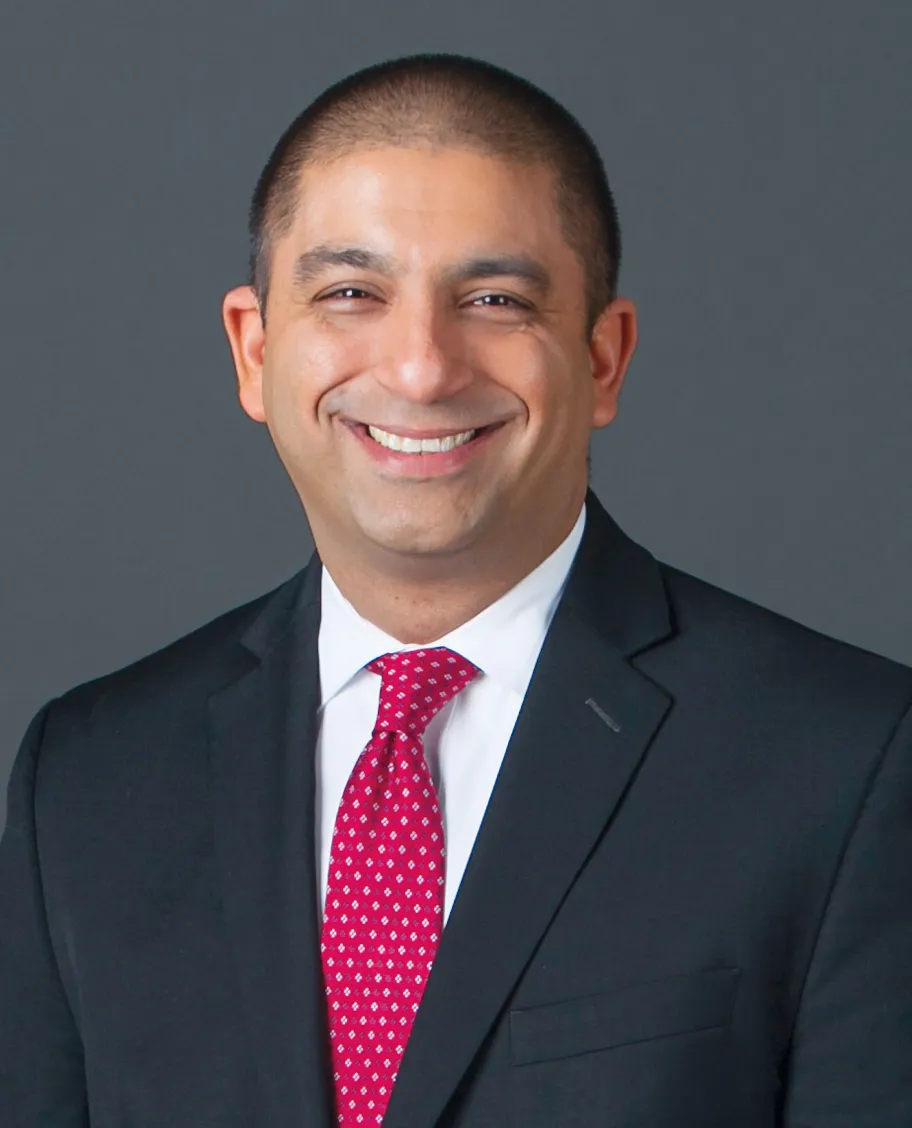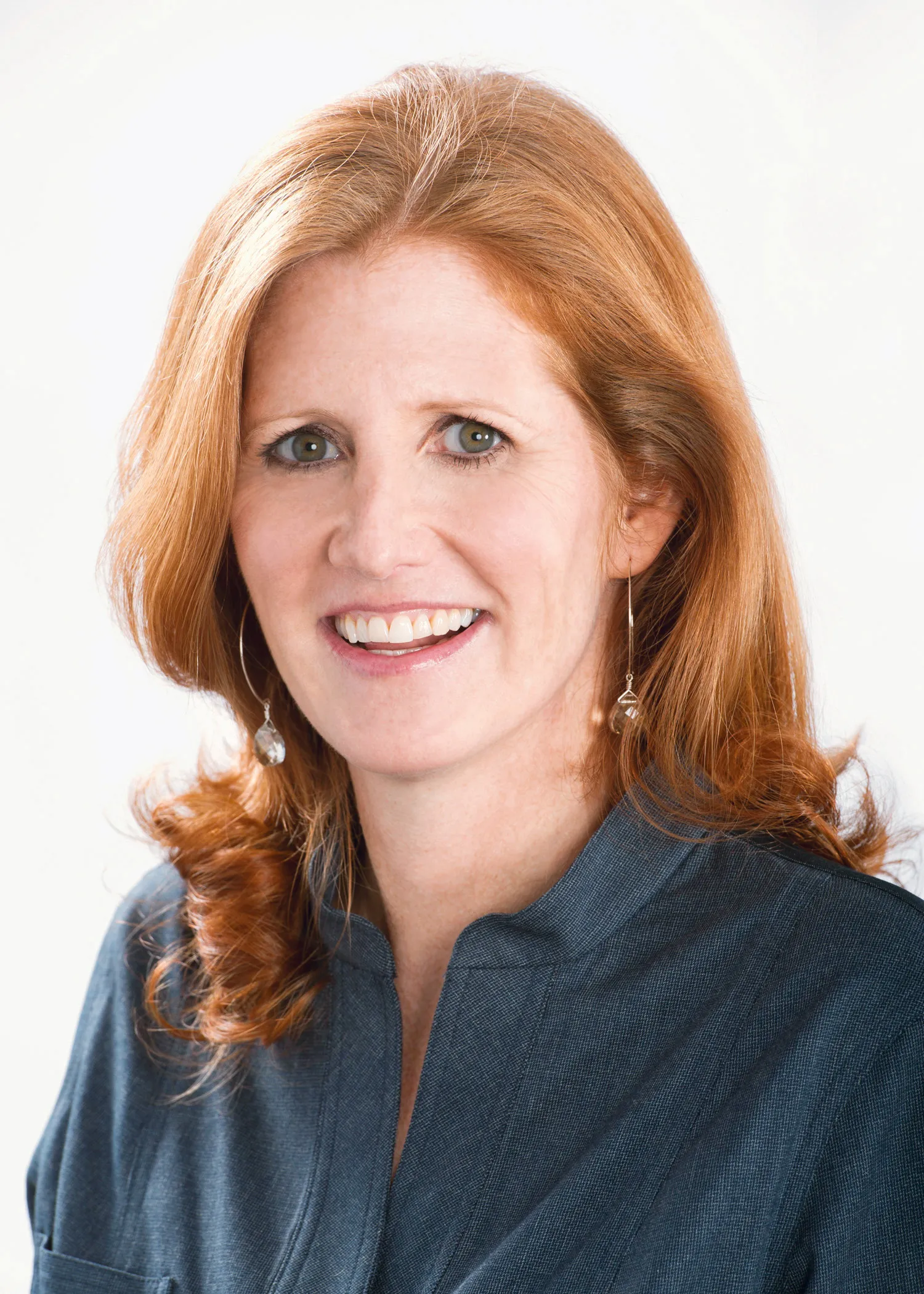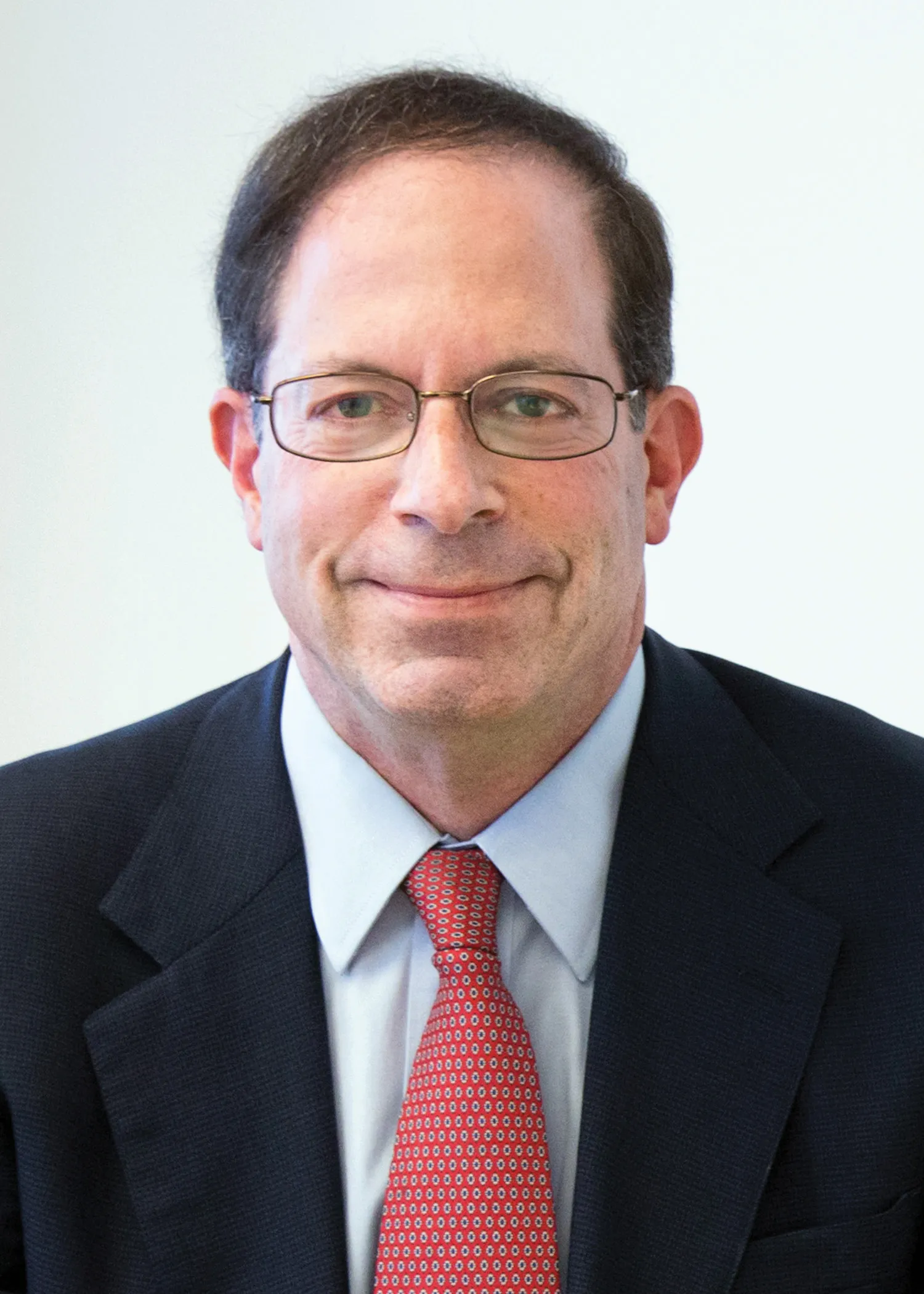Divergent Paths
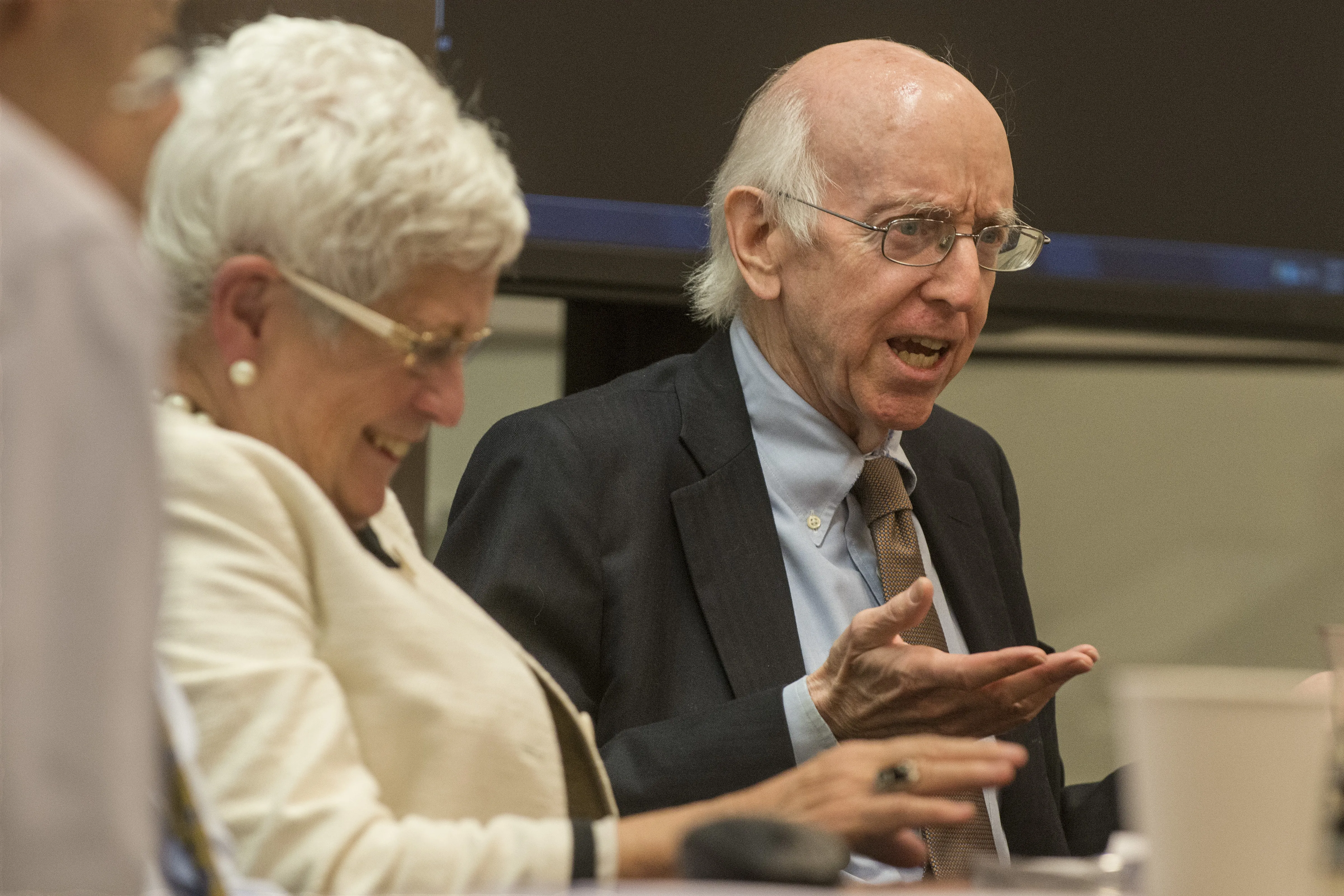
Richard A. Posner had a thing or two to tell his colleagues.
In a Law School classroom packed with scholars and students who had come to hear frank discussion about his newest book, the senior lecturer and Seventh Circuit Court of Appeals judge railed against the modern judiciary, legal scholarship, and the widening gulch between them, his blistering assaults laced with colorful declarations.
“The literary culture in America is dead,” he lamented at one point. “There is very little writing taught in schools, and people write very badly, and the judges don’t like to write. They have law clerks to do that. And the law clerks learn bad writing in law school, where they pick up all the jargon and cling to it as islands in a rough sea.”
It was an afternoon marked by an ebullient swirl of free-flowing candor and vigorous debate inspired by Divergent Paths: The Academy and the Judiciary (Harvard University Press), which examines the discord between two parts of the profession that Posner himself inhabits. The panelists, well-respected law professors and federal appellate judges, weren’t shy in offering either praise or vehement dissent, and Posner seemed to relish both. (It should be noted that the group agreed to “Chatham House Rules,” meaning that specific comments could not be attributed to their speakers outside the room. All those quoted in this story have given permission.) There was even a show tune parody, with one panelist—Linda Greenhouse, the Pulitzer Prize-winning legal journalist and a lecturer at Yale Law School—reciting her original “Hymn to Dick,” based on “Hymn to Him/ Why Can’t a Woman Be More Like a Man?” from My Fair Lady.
“Judge Posner loves to be iconoclastic, and the symposium made that crystal clear,” said Deputy Dean Tom Ginsburg, the Leo Spitz Professor of International Law. “The students in attendance loved the sharp disagreements, which set out alternative positions about the nature of law and the judicial role.”
There was, after all, much to discuss. Posner’s list of complaints—which he indexes in the back of his book along with proposed reforms—doesn’t stop at bad writing. He’s also troubled by the judicial appointment process, over-reliance on precedent, open-ended multifactor tests, the use of the Bluebook and other legal-citation systems, over-emphasis of doctrine in law schools, lack of curiosity among judges, inadequate judicial training, the politicization of constitutional law, and the use of casebooks in law school, among other things. Underlying and exacerbating all of these shortcomings, Posner contends, is the mismatch between scholars and judges, who often fail to recognize the ways in which they could work together to move the profession forward.
“We have all grown apart—the bench, the bar, and law schools,” said former Tenth Circuit Judge Deanell Reece Tacha, now the dean at Pepperdine School of Law. “We each have perspectives that inform the other parts of the profession. If we don’t all see it as part of our responsibility to raise a new generation of lawyers who think about these hard issues—such as the role of judicial review—then we will implode because we will all have different interests. We must reconnect the parts of the profession.”
Tacha—who, like Posner, has experience in both sides of the profession—agrees that a greater emphasis on practical scholarship could help close the gap.
“As it is, most academic scholarship—not all, but most—is pointed toward very esoteric, very doctrinal questions that are very unrelated to the work of the judge,” said Tacha, who served on the US Court of Appeals for the Tenth Circuit from 1986 to 2011 and spent seven of those years as chief judge. “I wish there were ways for judges and legal academics to work together to figure out which questions need to be answered, and I wish the universities would value it. What happens is, the more esoteric and doctrinal and theoretical the scholarship, the more highly regarded it is.”
David Strauss, the University of Chicago’s Gerald Ratner Distinguished Service Professor of Law, said Posner’s book has “identified a real problem … on both sides of the line between judges and academia,” and attributed the separation to misaligned incentives. He compared the courts to the Federal Reserve, which he said tends to work well with economics scholars because both sides are motivated by clear goals with well-defined success metrics.
“The pressure is on the Fed to keep the inflation rate and the unemployment rate down, and people can see if they screw up,” Strauss said. “With the courts, it’s not that they’re not trying to get it right, it may be that the criteria for success are not as well defined. It may also be that there’s a stronger paradigm in economics than in law. On some issues, there’s not a lot of consensus in law. So, for whatever reason, there are structural reasons that seem to prevent the judiciary from seeing the academy from being engaged in the same project and taking advantage of what we are doing.”
Posner drew the greatest opposition for his criticism of legal formalism, which he said largely amounts to allowing the past to rule the present and future. (Or, as he put it, quoting Nietzsche, letting “the dead bury the living.”) He also argued that a reliance on legal principles and precedent camouflages the role that a judge’s priors can have on her decision-making.
“Formalism engenders an exaggerated belief in the existence of objectively correct answers to all legal questions and the possibility that ideology, intuition, experience, policy, consequences, and emotion need play no role in the judicial process, any more than they play a role in deciding what the sum of two plus two is,” he wrote.
William Baude, the Law School’s Neubauer Family Assistant Professor of Law, was one of several who disagreed with that take on the formalist view.
“The reason to be a formalist isn’t because the dead are supposed to bury the living, but because we worry about judges getting things wrong,” Baude said. “We do think judges can make mistakes, and sometimes we want to reach a collective decision and tell the judge, based on a rule that we all agree on. Often it’s a rule that we’ve gotten from the past because that’s where our huge store of stuff is.”
And, as one panelist pointed out earlier, a shift away from the formalist approach would be a tough sell.
“The bar is not going to accept it,” the panelist said, noting that it is both important for judges to think about their priors and to have the structure of rules, which allows for some consistency and predictability.
Perhaps the most memorable summary of Posner’s views came during the symposium’s second session, when Greenhouse, who covered the US Supreme Court for the New York Times for three decades, shared “Hymn to Dick,” which she’d written for the occasion. As the audience chuckled, she shared the lyrics that she said had formed in her head as she finished the book:
Why does the Bluebook hold law schools in thrall?
It’s time to deep-six it for once and for all.
Those stupid citations are nothing but bunk,
They fill up the pages with acres of junk.
Why can’t professors help out the poor courts?
The judges are needy. I’ve shown you their warts.
They can’t write opinions. They won’t even try.
They can’t run their chambers. They stay til they die.
Professors could help us bring judges around.
Give up all that theory! Put their feet on the ground.
They just need inspiration — a role model to see.
Well, why can’t professors be like me?
